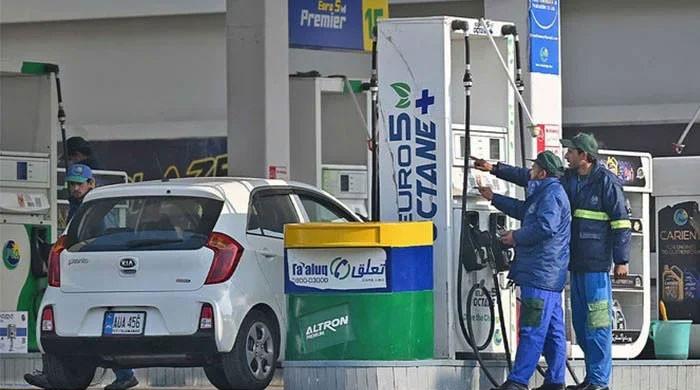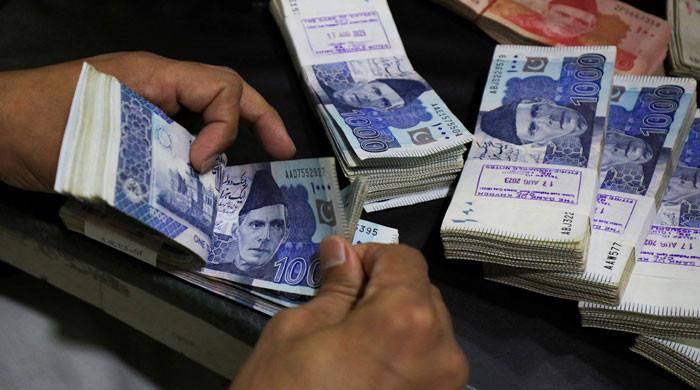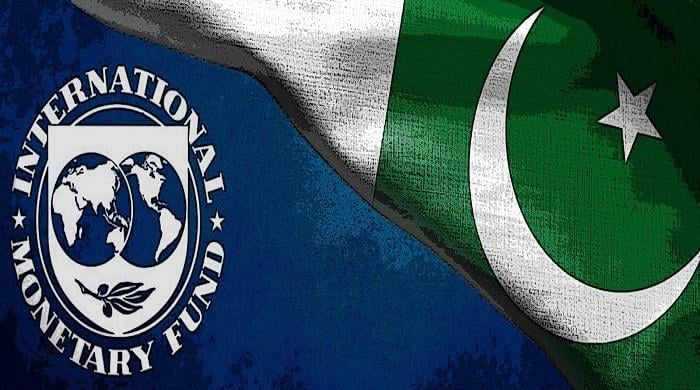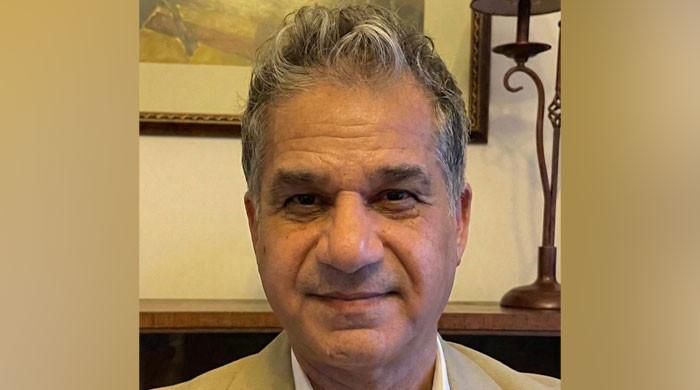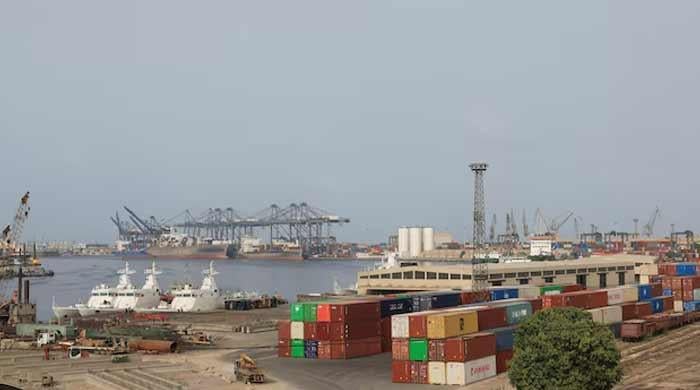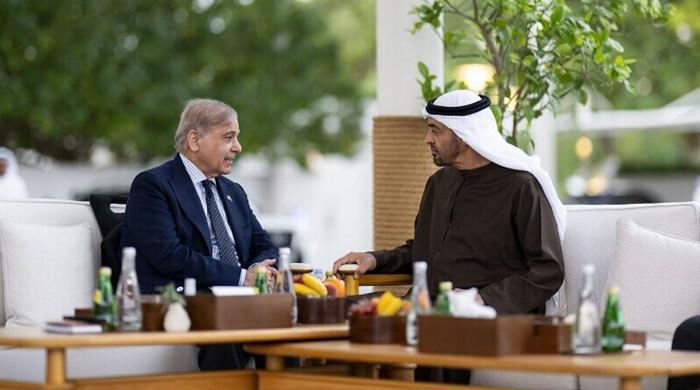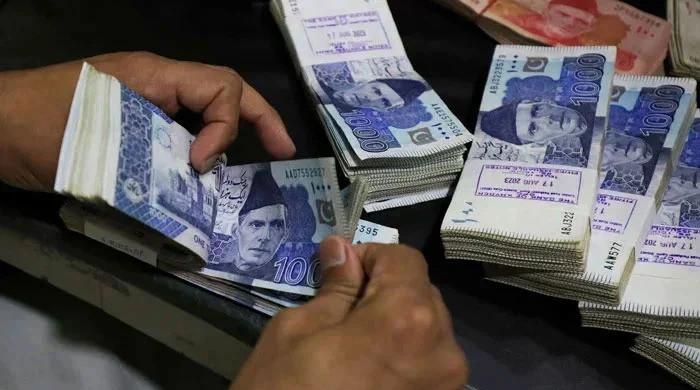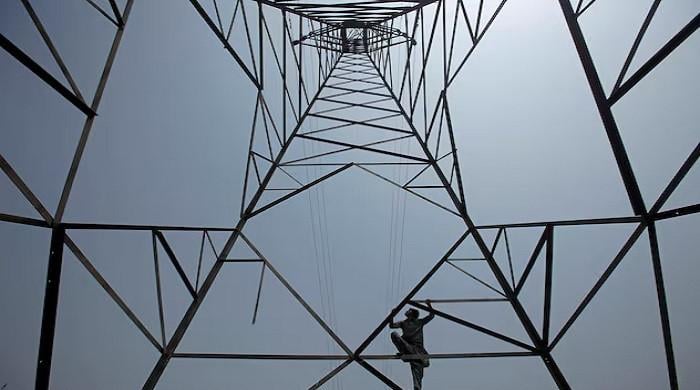Pakistan issues tender for LNG cargoes to meet winter demand
PLL says it is seeking bids from international suppliers for two LNG cargoes of 140,000 cubic meters each
September 28, 2023
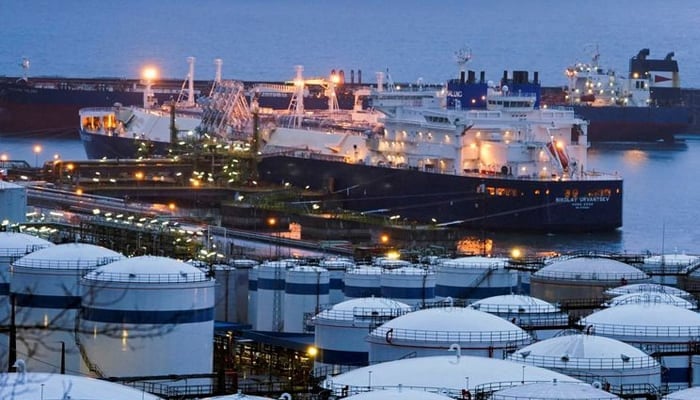
- Delivery windows are December 7-8 and December 13-14: PLL.
- Pakistan faces difficulty in procuring LNG amid Russia-Ukraine conflict.
- Natural gas supply dropped by 20% over the last year level.
LAHORE: Pakistan has issued a fresh tender to procure liquefied natural gas (LNG) spot cargoes to meet its winter demand after failing to secure supplies from the global market for over a year, The News reported on Thursday.
The Pakistan LNG Limited (PLL), a state-owned company, said on Wednesday it was seeking bids from international suppliers for two LNG cargoes of 140,000 cubic meters each, to be delivered in December at Port Qasim in Karachi.
The delivery windows are December 7-8 and December 13-14, according to the tender document.
PLL has the mandate to procure LNG on behalf of the federal government to meet the country’s gas requirements through two LNG import terminals with exclusive arrangements for public sector distribution.
The delivery from the volatile spot market has been an uphill task for Pakistan since the start of the war between Ukraine and Russia in February 2022.
Previous attempts to buy LNG proved futile mainly due to the lukewarm response of sellers. The growing concern of suppliers about the country’s credit risk has been another headache for a country already plagued by chronic energy shortages.
LNG is crucial for Pakistan, where natural gas accounts for over a third of power generation and local gas reserves are insufficient to address growing electricity demand in a country of over 230 million.
In late July this year, PLL failed in its attempt to purchase LNG too after several such attempts made earlier. A bidding company offered winter LNG cargoes at a premium of as high as 30% of the market price. Hence, PLL decided not to purchase the costly gas cargo due to the extremely high cost.
Last week, responding to a query raised by The News, Energy Minister Muhammad Ali said the natural gas supply in the system had dropped by 20% over the last year level.
He said this was a huge gap, which would ultimately translate into low gas availability for the end consumers.
“The dwindling gas resources simply mean load shedding for the users,” he said, adding that imports of LNG could lead to bridging the gap, although it is a costly option.
“We are trying to import as much LNG as possible.” However, the spot rate of LNG presently stands at $15 per unit, and Pakistan is selling it to domestic consumers at $1.5 per unit, which is not sustainable.
To meet the demand of the industry, the minister said the government is trying to import maximum cargoes of LNG.
Responding to a query about the challenges in the import of LNG from the spot market and how to tackle them, minister Ali said Pakistan is facing two challenges on the import front.
He said the first is the peculiar nature of the LNG trade where the purchase contract is made before the LNG is produced.
One way to address this challenge, Ali said, is to have long-term buying contracts to ensure smooth gas imports.
He said the other way is to try to get gas through government-to-government (G2G) arrangements. Besides having gas supplies under long-term contracts, "Pakistan is negotiating to import cargoes through G2G basis to meet winter demand."
Talking about LNG spot purchases, he recalled that Pakistan did not get any response in June tendering amid high spot rates.
“We are now contemplating to invite fresh bids for spot buying to ease winter demand. We are trying to minimise gas shortage in days to come.”
Moreover, talking about the second constraint in the import of LNG, which is the low capacity of gas import infrastructure, the minister said that his government wants to run both existing terminals at full capacity. They are also trying to remove hurdles in setting up more LNG terminals in the country.
One of the new terminals should have been established last year, but it was delayed due to litigation. If the third terminal is to be installed, the minister said they want to give a go-ahead to its construction within the tenure of the caretaker government.
According to a report, Pakistan’s liquefied natural gas demand will nearly triple in five years as its production of domestic gas dwindles.
The South Asian nation will need 25 cargoes of the super-chilled fuel a month by then, from nine a month now. Pakistan has struggled to secure enough LNG to cover its needs after prices surged to an all-time high last year.




